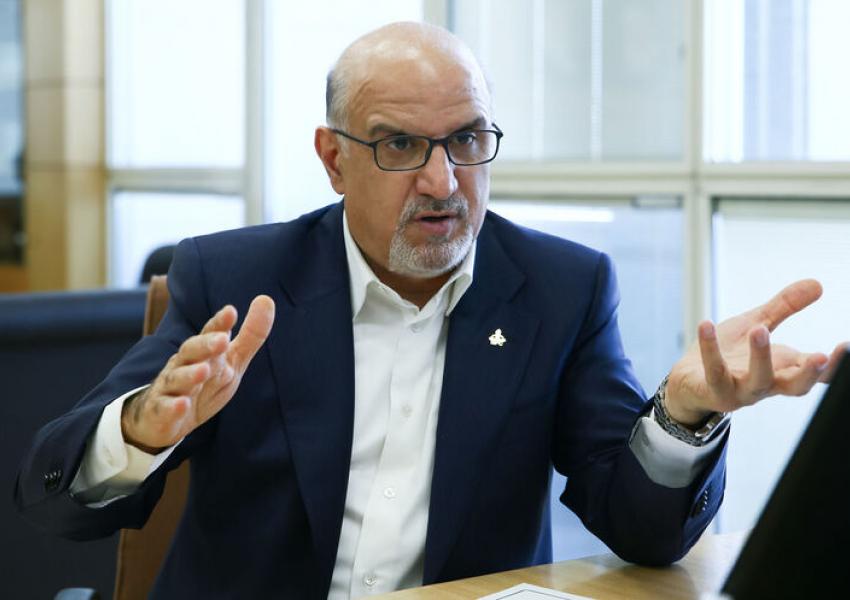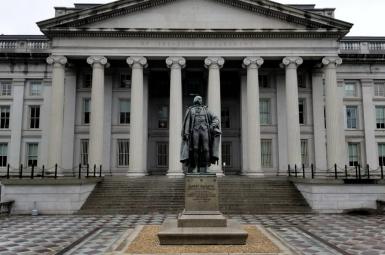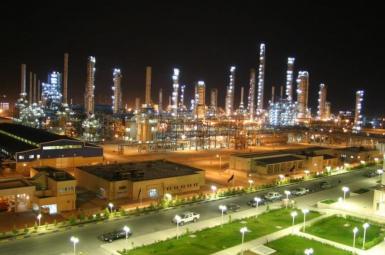
Iran Petrochemicals, Oil Need Investments, And A New Foreign Policy
Iran’s revenues from its petrochemical industry can grow by 230 percent in the next six years, but adding capacity needs investment, the director general of the state-owned National Petrochemical Company (NPC) has said.
The official government news agency IRNA last Friday quoted Behzad Mohammadi who leads NPC, a subsidiary of the national oil company, as saying that annual revenues from the petrochemical industry can reach $50 billion by 2027. Last year Iran exported around $15 billion of petrochemicals, which unlike crude oil are not sanctioned by the United States.
In addition to the impediment of sanctions in case of oil exports, petrochemicals have another advantage. They are processed products, creating jobs in the country and they have been on Iran’s priority list for the past decade. But investments have been limited, unlike Iran’s rival in the region, Saudi Arabia which has invested heavily in the sector. Foreign and domestic Investments in Saudi oil and petrochemicals have been to the tune of close to $200 billion in the past two decades.
Iran has lacked meaningful foreign investments in this period and had to rely mainly on its own resources, because of various international and US sanctions.

NPC says that currently one million barrels (mb) of crude oil per day is processed in 67 petrochemical plants. This includes refined fuel types but also plastics and other products that are largely exported to regional counties and have provided a lifeline in hard currency since US slapped new sanctions on oil exports in 2018.
The National Petrochemical Company says that this capacity can be expanded to 2.3 mb per day until 2027 and some expansion work is in progress, but it says investments are needed.
It is not clear what degree of the expansion is already funded and to what extent additional investment is needed to reach the 230 percent growth mentioned by NPC. But the company says that in total $125 billion is needed, a capital Iran currently cannot provide. Iran’s oil export revenues have been slashed since 2018 and it can barely provide subsidies for essential imports such as food and medicine for a restless population that often resorts to anti-government protests.
Iran faces the same need for large investments in its crude oil production, with its main oil fields declining after decades of pumping millions of barrels per day. These “brown” fields as they are called need not only money to keep producing but also sanctioned Western technology.
In 2018, oil minister Bijan Zanganeh Namdar said that Iran needs $30 billion of investment in the sector for the following five years and this number is still being mentioned on the official website.
An Iranian oil expert, Seyed Mehdi Hosseini, told the Iranian Labour News Agency (ILNA) on Saturday that Iran would need $30-35 billion dollars to revive the aging oil fields and another $30-35 billion to explore and begin production in new fields. He warned that without this, the country faces a gradual decline not only in oil production but also natural gas production at its Persian Gulf South Pars fields.
Officials have claimed that Iran has the capacity to pump an additional two million barrels of oil a day, reaching the pre-1979 level of six mb per day. But this would not be possible without substantial investments and technology that can materialize only if Iran solves its political issues with the West and all sanctions are lifted. If nuclear talks between the United States and Iran, frozen since June, resume and succeed, not all Western sanctions will be lifted unless Iran makes a drastic change in its foreign policy and gradually gains the confidence of the international political and business community.








